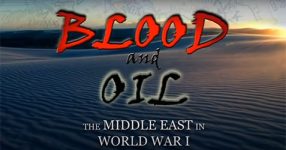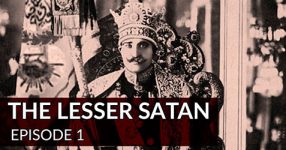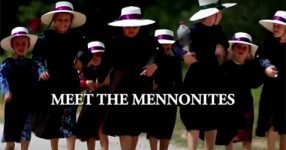The documentary “The Stones Cry Out” sheds light on the often overlooked narrative of Palestinian Christians. Born in Palestine, Christianity took root in various regions across the Middle East, with its followers deeply ingrained in the culture and traditions of the land. Despite their significant presence, the story of Palestinian Christians is frequently drowned out amidst the turmoil of historical events.
Partition and Loss
One of the pivotal moments in Palestinian history was the United Nations vote on resolution 181 in 1947, which led to the partition of Palestine into Arab and Jewish states. This decision resulted in the loss of homeland for many Palestinians, who had to give up more than half of their land for the creation of the Jewish state. The documentary vividly captures the sense of displacement and injustice faced by the Palestinian people during this tumultuous period.
Archbishop Elias Shakur’s account of the fate of his Christian village, Kordbam, echoes the experiences of numerous Palestinian communities. The village of Kerbiram, too, faced the harsh reality of expulsion as Israeli forces captured it during Operation Broom. The personal narratives of individuals forced to leave their homes highlight the human toll of political decisions.
Resilience in Exile
Despite the challenges they faced, the Palestinian people exhibited remarkable resilience. The inhabitants of Kerbiram chose to stay in their village, believing in non-violence, only to be forcibly displaced later. Their endurance during exile, including the loss of lives and livelihoods, paints a poignant picture of the sacrifices made by Palestinian Christians.
The struggle for justice and the right of return continued for years, with Palestinian farmers from Baram fighting legal battles to reclaim their land. However, their efforts were met with disappointment as promises of return were broken, and their village was turned into a national park. The documentary eloquently portrays the resilience of a people determined to reclaim their heritage and homeland.
The Impact of Conflict
Subsequent conflicts, such as the Six-Day War in 1967, further exacerbated the plight of Palestinian Christians. The sudden change in the political landscape left many families separated, unable to reunite due to restrictive policies. The experiences shared by individuals during this period reflect the profound impact of conflict on Palestinian communities, both Christian and Muslim alike.
The onset of the intifadas brought new challenges, as Palestinian Christians joined their Muslim counterparts in resisting occupation. The documentary captures the spirit of defiance and the quest for freedom that characterized this period, illustrating how ordinary people mobilized for change amidst adversity.
Facing Modern Challenges
In the face of ongoing occupation and displacement, Palestinian Christians continue to confront modern challenges. The construction of the separation wall and restrictions on movement have further isolated communities, leading to economic hardships and dwindling populations. The loss of land and livelihoods threatens the very existence of Palestinian Christians in their ancestral homeland.
Despite these challenges, Palestinian Christians remain resilient, preserving their faith, traditions, and cultural heritage. The documentary serves as a powerful reminder of their enduring presence and the need to recognize their contributions to the diverse tapestry of Palestine’s history.
“The Stones Cry Out” offers a poignant exploration of the often overlooked narrative of Palestinian Christians. Through personal accounts and historical context, the documentary sheds light on the struggles, resilience, and enduring faith of a community deeply rooted in the land of Palestine. As conflicts persist and challenges mount, the voices of Palestinian Christians serve as a testament to the enduring spirit of a people determined to preserve their identity and heritage amidst adversity.












